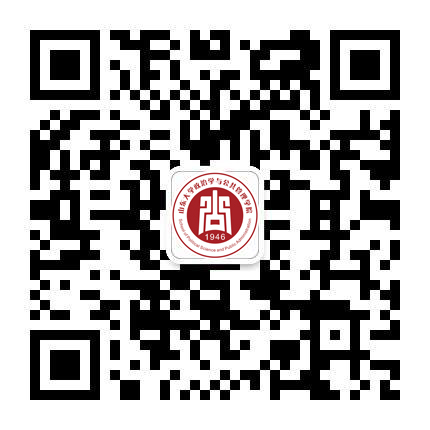摘要:China has been undergoing rapid urbanization and industrialization process since the adoption of economic reform and open-door policy in 1978, which is leading to tremendous urban growth and encroachment on rural farmland. To address the conflicts between urban development and farmland protection, the Chinese government introduced the transferable development rights (TDR) program named the Link Policy, and it was popularized nationwide given the tremendous land revenue from policy implementation. However, as farmers are the key stakeholders, the impacts of the policy on farmers' income need to be examined and justified. Thus, this paper aims to fill this gap by taking Chongqing as a case study. The synthetic control method was introduced to construct a synthetic Chongqing without the policy implementation using the 49 municipal cities and Chongqing during 2000-2017. Findings from the analysis indicate that Chongqing's TDR program significantly promoted farmers' income at the beginning of the policy implementation, while the positive impacts became weak afterward. Based on these findings, a few policy suggestions including a fair revenue distribution scheme and protection of farmers' land use rights are offered to facilitate the policy implementation and increase farmers' household income in the coming future.
关键词:synthetic control methodtransferable development rightsland ticketfarmer's incomeurbanization
DOI:10.3390/ijerph192113751
原文刊载于:INTERNATIONAL JOURNAL OF ENVIRONMENTAL RESEARCH AND PUBLIC HEALTH,NOV 2022
原文链接:https://www.mdpi.com/1660-4601/19/21/13751

 扫一扫
扫一扫